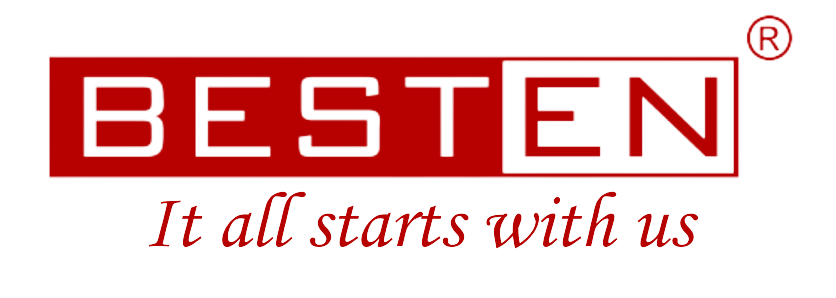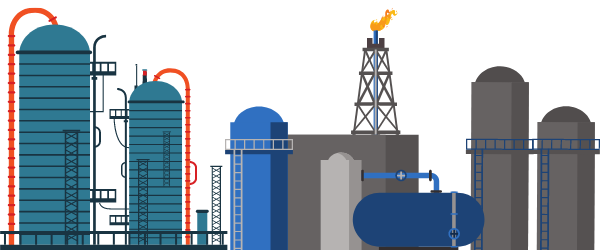What is a boiler?
A boiler is a closed vessel in which water or any other liquid is heated to generate steam. The pressurized steam is then sent through pipes to the usage point. The steam transfers the heat to the process. The volume of water after conversion to steam increases by about 1500 times. An industrial mechanical consultant has to understand the process requirements and design the utilities.
Boilers are equipment that has to be handled with care. The MEP Consultants should provide for a low water trip switch. Also, the maintenance team of the factory should check for good quality water. Furthermore, periodic maintenance of the boiler is essential. The Boiler and steam piping are regulated by the Indian Boiler Regulations (IBR). The boiler and the steam piping are to comply with IBR regulations at all times.
Typically, the boiler has hot gases on one side and water or fluid on another. The efficiency of the boiler depends on the heating surface. The larger the heating surface the more efficient the boiler.
Additionally, these boilers can be environmentally friendly if natural gas or fuel that doesn’t damage the environment is used. This helps in reducing pollution.
The Boiler and steam piping are regulated by the Indian Boiler Regulations (IBR)
Which industries are likely to use boilers?
Generally, Industrial Mechanical consultants are likely to use boilers in the following industries:
- Breweries and Distilleries
- Food and Beverage processing plants
- Textile manufacturing facilities
- Automotive
- Pulp and paper industry
- Steel industry
- Commercial laundries etc.
Parts of the Boiler:
A typical boiler has the following parts:
- Feedwater system – this provides water to the boiler and regulates the flow based on the demand for steam.
- Steam System – The steam system collects and controls the steam produced. The steam passes through a piped distribution system to the point of usage. The pressure gauges control the pressure.
- Fuel System: This system includes equipment necessary to provide fuel to the system. The system varies based on the type of fuel.
Types of a Boiler
- According to tube type: Fire tube, water tube and field-erected
- Types based on firing: grate firing, front fired burner, down jet firing, cyclone firing, travelling grate stoker firing, tangential fired and opposite jet fired,
- Based on energy sources: coal, liquid fuel, gas, solid waste, biomass, recovery fuel, waste heat, nuclear fuel
- According to use of steam: Utility, Industrial, Co-generation, naval, marine, domestic heating, cooking
- According to circulation type: natural, forced and combined.
In conclusion, an MEP consultant has to make the decision regarding the type of the boiler based on the requirements of the project, availability of fuel etc. Furthermore, the MEP consultant has to design the piping system for the boiler.












